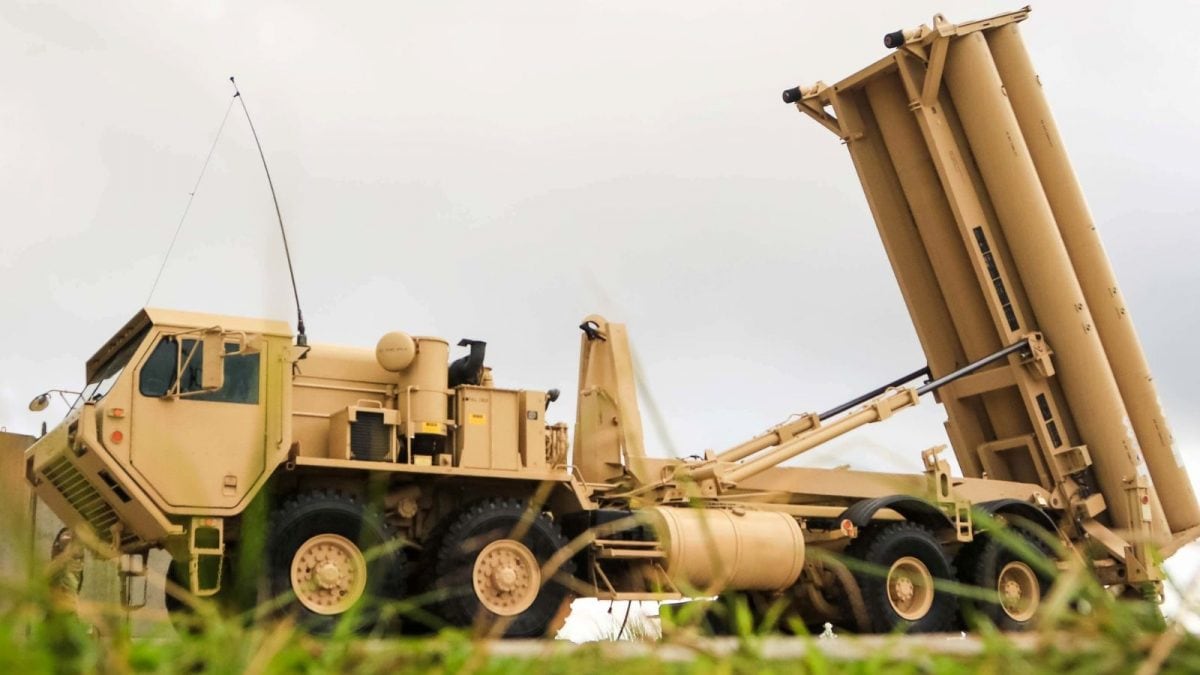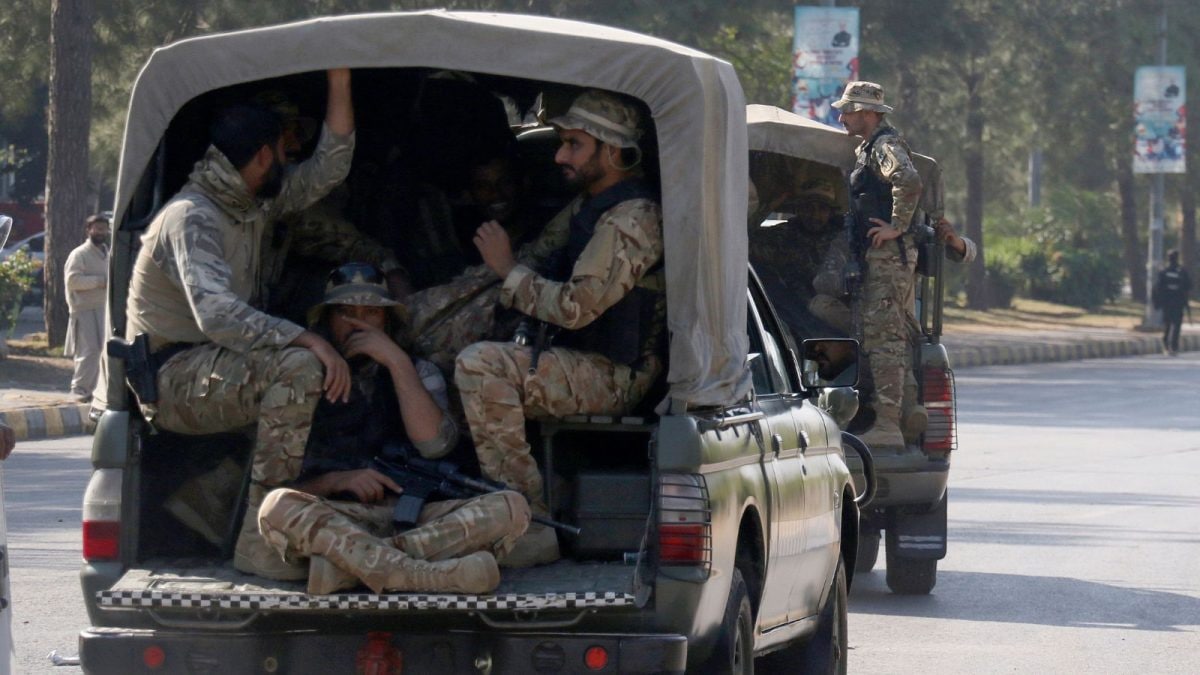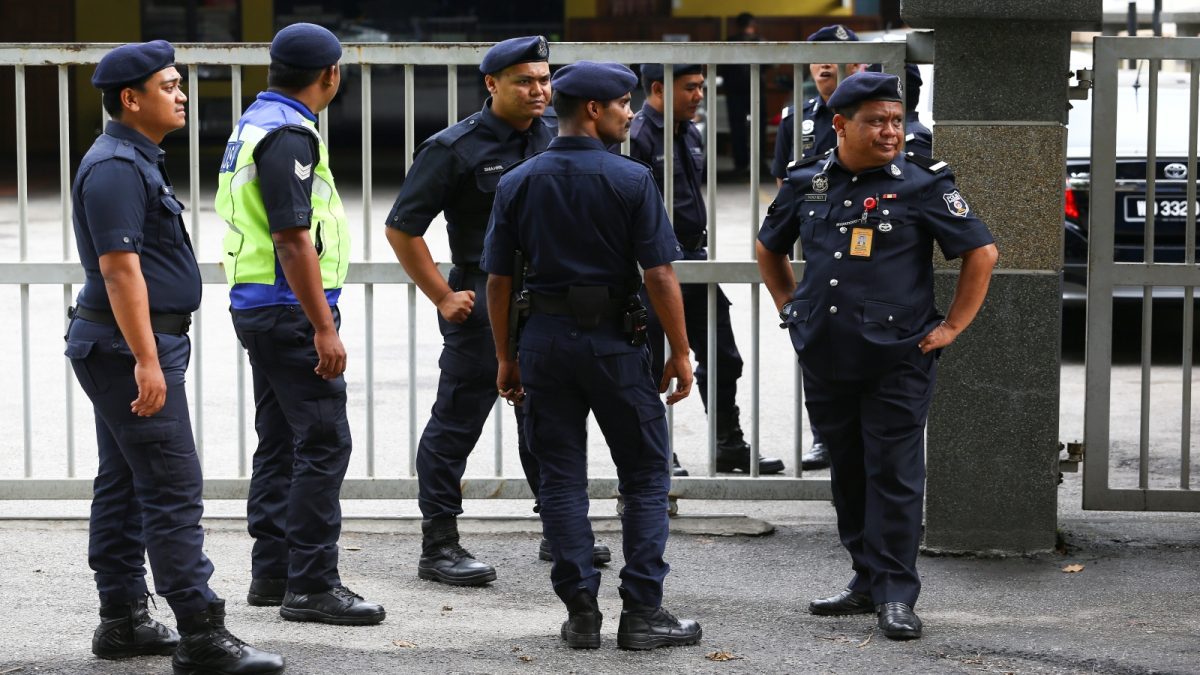Last Updated:June 07, 2025, 21:59 IST
Chinese analysts warn of “infiltration” threats after Ukraine’s covert drone strikes deep inside Russia.

A Taiwanese army CH-47 Chinook (top R) and UH-60 Black Hawk helicopters fly in formation with the Taiwanese flag during Day celebrations in front of the Presidential Office in Taipei. (IMAGE: AFP)
Ukrainian forces’ drone strikes on airbases deep within Russian territory, despite lacking long-range missiles or strategic bombers, are now a source of concern for China as it contemplates “reunification" with Taiwan, according to a report by the South China Morning Post.
The operation, dubbed Spider’s Web, involved smuggling drones into Russia undetected, utilising unsuspecting drivers to transport them in modified containers close to key airbases. From these locations, drones were launched remotely to destroy high-value targets like surveillance aircraft and long-range bombers parked on the tarmac.
The Russian bases targeted in the operation included Belaya airbase in Irkutsk, situated approximately 4,000 km from Ukraine’s border, where strategic nuclear-capable bombers such as the Tu-95, Tu-160, and Tu-22 were targeted. Another base in Amur, near the Chinese border and roughly 8,000 km from Ukraine, was also attacked.
According to a report by the South China Morning Post, the operation’s success has alarmed Chinese military experts, particularly regarding a potential conflict in the Taiwan Strait.
Chinese military aviation analyst and former air force member Fu Qianshao noted the implications extend beyond Russia. “Such attacks could easily be carried out by secret services or in special military operations," Fu told the South China Morning Post.
He cautioned that China must “guard against enemy forces infiltrating military bases in such a way", highlighting vulnerabilities deep within its expansive territory.
Like Russia, China possesses numerous military bases scattered thousands of kilometres inland, within what it considers its “strategic rear area".
These locations encompass remote north-western deserts and mountainous regions in the south-west, far from the sensitive east coast and Taiwan Strait.
Supporting this perspective, Timothy Heath, senior international defence researcher at the US-based Rand Corporation, stated that Operation Spider’s Web demonstrated how drones can threaten even the most distant and well-protected military sites. “Drones can be deployed close to a target and are difficult to defend against," Heath explained. “It also showed that there are few truly safe spaces in war zones anymore".

Shankhyaneel Sarkar is a senior subeditor at News18. He covers international affairs, where he focuses on breaking news to in-depth analyses. He has over five years of experience during which he has covered sev...Read More
Shankhyaneel Sarkar is a senior subeditor at News18. He covers international affairs, where he focuses on breaking news to in-depth analyses. He has over five years of experience during which he has covered sev...
Read More
Beijing, China
First Published:News world 'Operation Spider's Web' Spooks China As It Fears Taiwan Could Copy Ukraine’s Drone Tactics

 3 weeks ago
3 weeks ago


















